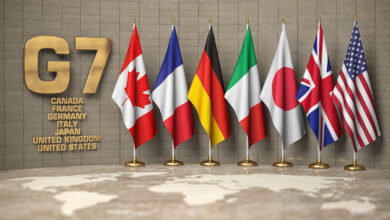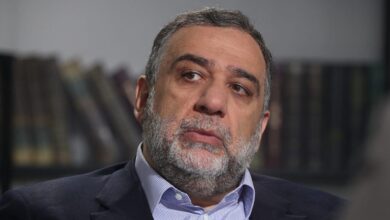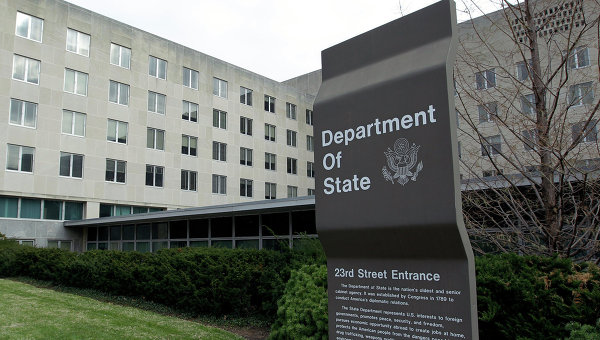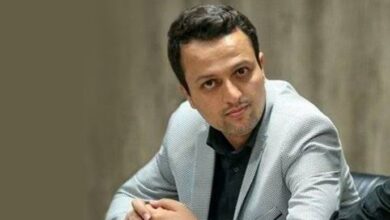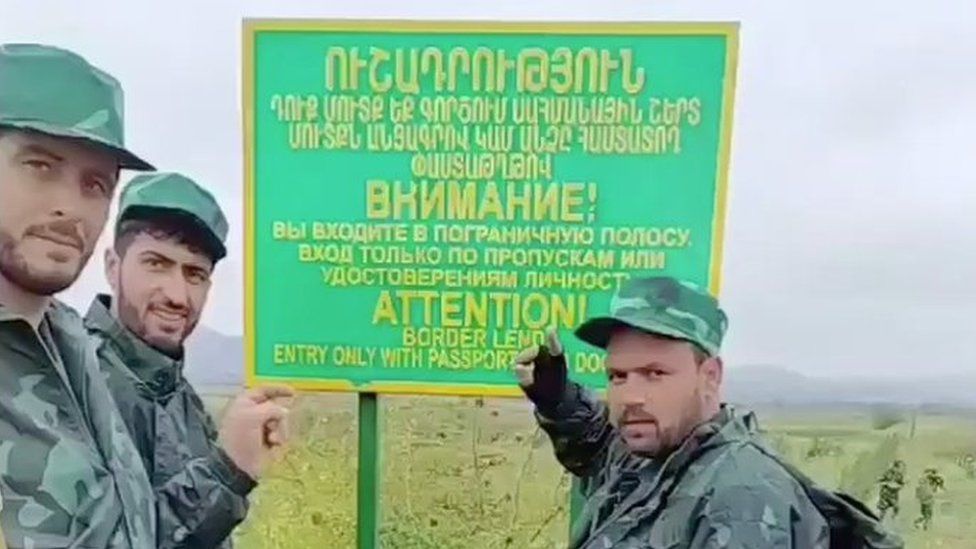
Turkey and Azerbaijan deny that Syrian mercenaries were used in the recent offensive in Nagorno-Karabakh but four Syrians have told the BBC that after enlisting for sentry duties in Azerbaijan, they were unexpectedly thrown into battle on the front line.
It was back in August of this year that the rumours started to circulate in rebel-held areas of northern Syria: there was well-paid work to be had overseas.
“I had a friend who told me that there is a very good job you can do, just to be at military checkpoints in Azerbaijan,” one man told BBC’s Ed Butler.
“They told us our mission would be to serve as sentries on the border – as peacekeepers. They were offering $2,000 a month! It felt like a fortune for us,” said another, whom I will call Qutaiba.
Both applied for the job through Turkish-backed rebel factions that make up what’s known as the Syrian National Army, a force in northern Syria opposed to President Bashar al-Assad.
In an area where few earn more than $1 a day, the promised salary seemed like a godsend. It’s estimated that somewhere between 1,500 and 2,000 men signed up and travelled to Azerbaijan, via Turkey, on Turkish military transport aircraft.
But the work wasn’t what it seemed. The men, many of them with no military experience, were being recruited for war – as they soon discovered when they were taken to the front line and ordered to fight.
“I didn’t expect to survive,” Qutaiba says. “It seemed like a 1% chance. Death was all around us.”
All of the men say they were given little protective equipment or medical support. Many of their fellow fighters appear to have bled to death from wounds that battlefield medics could easily have treated.
According to the BBC, back in Syria, two of the mercenaries are trying to put the experience behind them.
“I feel guilty for becoming a mercenary. I feel ashamed,” says Samir, even though he refused to fight after just three days on the front line.
“When people ask me, ‘Did I travel?’ I say no – even though they know that I went. I feel like I am very small in their eyes… When I got there I did say no to war. I objected to what was happening. But I’m ashamed because I trusted the mercenaries. That’s why I feel shame.”



